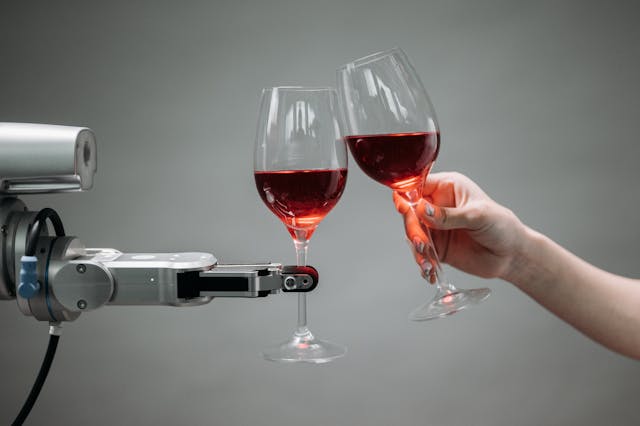In an era where AI-driven translation tools are becoming increasingly accessible, you might wonder: do businesses still need professional translation agencies? The answer is a resounding yes! While AI can handle straightforward, repetitive text, there are industries where precision, cultural adaptation, and consistency are non-negotiable. Here’s a closer look at the fields that benefit the most from professional translation services.
1. Legal and Financial Sectors
When dealing with contracts, court documents, compliance papers, or financial statements, every single word matters. A misplaced comma or an incorrectly translated term could lead to costly misunderstandings—or even lawsuits. Legal and financial translations require expertise, confidentiality, and linguistic accuracy, making professional human translators essential. AI simply isn’t sophisticated enough to handle complex legalese or industry-specific jargon with absolute certainty.
2. Medical and Pharmaceutical Industry
Patient records, clinical trial documentation, regulatory filings, and medical device manuals must be translated with absolute precision. A slight mistranslation in dosage instructions or medical terminology could have life-threatening consequences. Additionally, regulatory agencies demand compliance with strict linguistic and formatting standards, meaning certified human translators remain indispensable in this field.
3. Technical and Engineering Documentation
Instruction manuals, patents, and safety guidelines must be crystal clear in any language. Technical translations require more than just word-for-word conversion—they need an in-depth understanding of engineering principles, industry standards, and terminology. AI might recognize certain phrases, but it lacks the contextual awareness and problem-solving skills that human experts provide.
4. Marketing and Creative Industries
Ever tried running an AI-translated slogan through native speakers? The results can be hilarious—or disastrous. Marketing content isn’t just about words; it’s about emotion, nuance, and cultural relevance. A successful marketing campaign in one country could flop in another if the translation doesn’t capture the local sentiment, humor, or idiomatic expressions. Human translators ensure that your brand message remains engaging and persuasive across different cultures.
5. E-Commerce and IT Sector
From software localization to product descriptions, e-commerce and IT companies need translations that go beyond simple language conversion. Websites, mobile apps, and customer support materials require consistent terminology and user-friendly localization, something AI struggles with when adapting content to different linguistic and cultural norms.
Where AI Falls Short
While AI-powered translation tools are improving, they are still prone to errors in context, tone, and cultural adaptation. They struggle with:
- Highly specialized terminology (e.g., legal, medical, or technical language)
- Nuances and idiomatic expressions
- Cultural sensitivity (avoiding mistranslations that could offend local audiences)
- Brand voice consistency across different languages
The Hybrid Approach: Translation Memory + Human Expertise
At Vikler Media, we combine the best of both worlds: translation memory (TM) technology for efficiency and cost reduction, paired with expert human linguists for accuracy and cultural finesse. This approach allows us to provide high-quality, cost-effective translations that maintain brand consistency, compliance, and clarity.
So, while AI may assist in quick translations, for industries where accuracy, trust, and nuance matter, professional translation agencies remain irreplaceable.
Want to make sure your business communicates effectively across borders? Reach out to Vikler Media today!

No responses yet